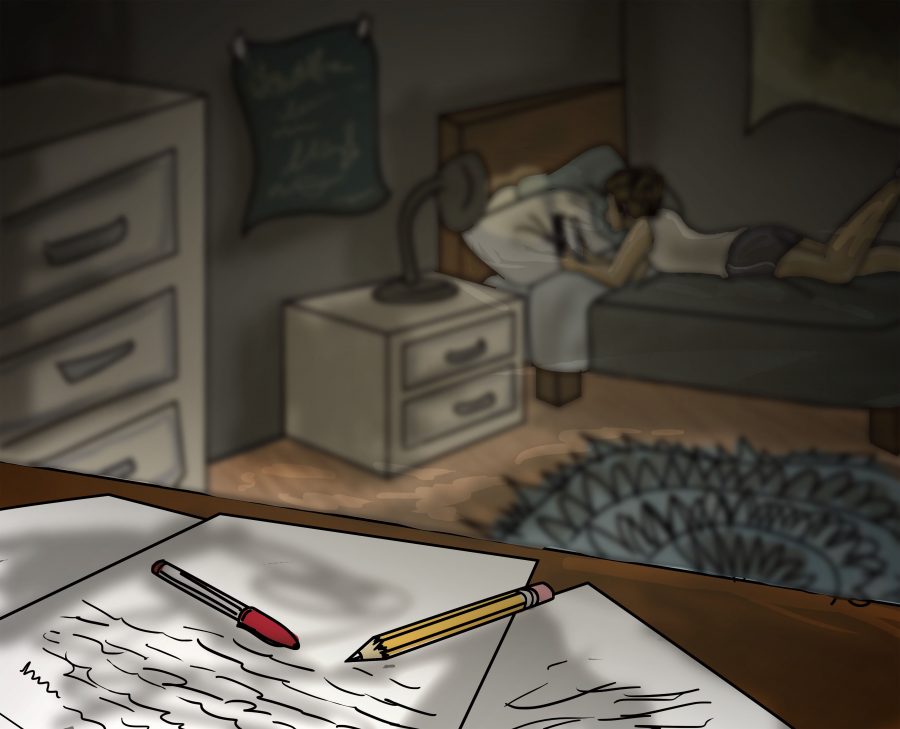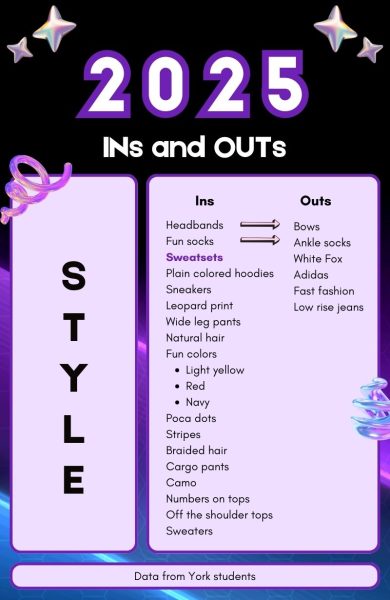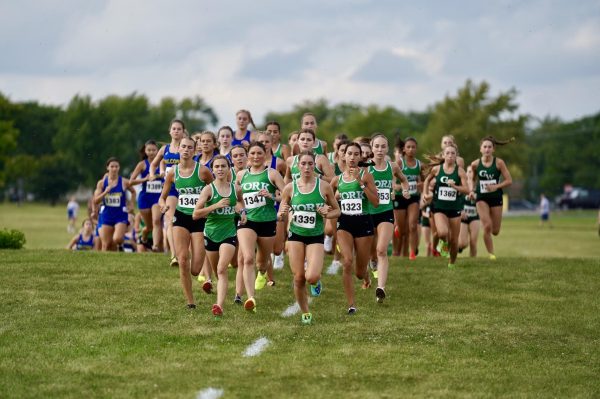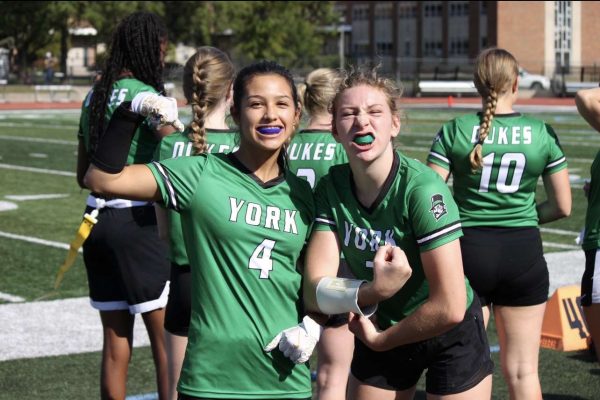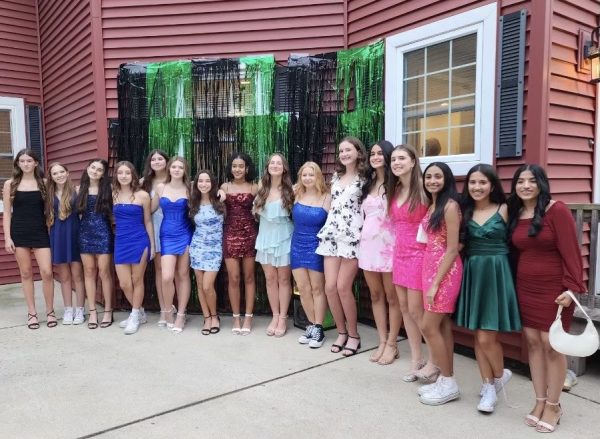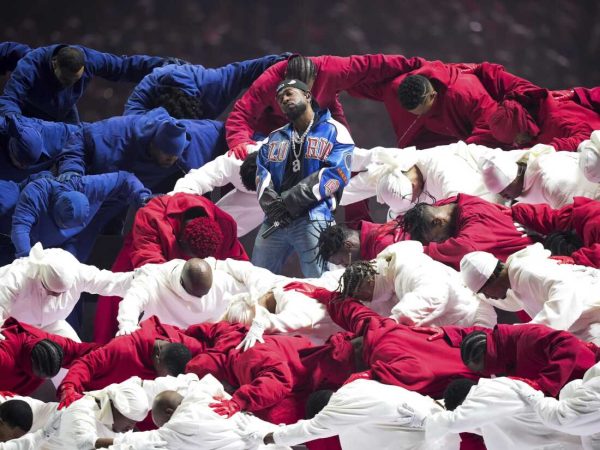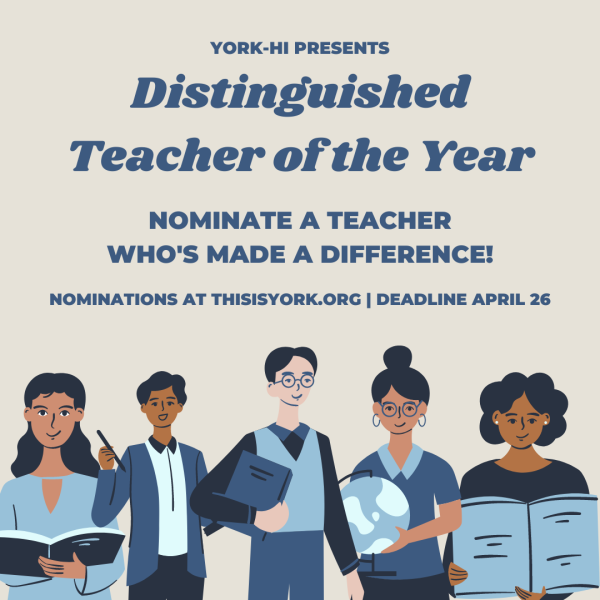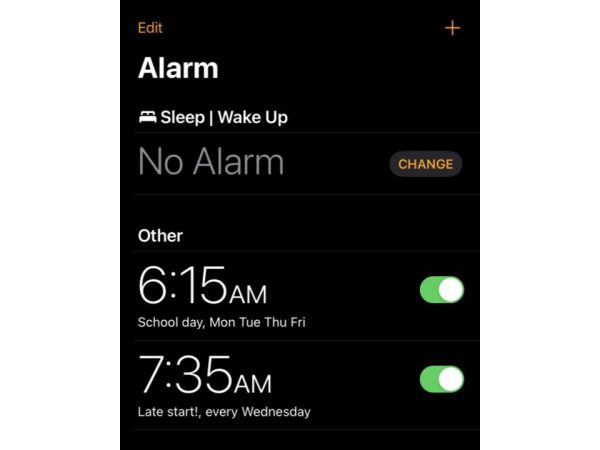Procrastination: Vice or Virtue?
Now that the school year has been underway for a little over a month, the full flow of work is starting to come our way. The introductory phase of classes are long finished, and with that comes the many excuses people give themselves to put it off.
“I try to start my homework right when I get home, but I normally end up taking a two-hour break before I finally work on it again,” said Honey Tey, junior. “I’ll say that I need to get a snack or something and end up spending more time than I planned avoiding the work.”
Every student has fallen into that black hole where you can’t seem to work up the energy to actually do something productive, putting it off for a future self to worry about. As far as actually being productive, this is an obvious vice; but what about when it comes to the creativity that is exhibited in a final product?
Some of the most famous words and pieces of art are a product of the delay of finalization by their creators. For instance, Martin Luther King Jr. had stayed up until four in the morning the previous night, still making changes to his script. The line “I have a dream” wasn’t even included in those notes; the fact that he was still thinking about and improving his speech before going up to speak allowed his mind to be open to improvisation, more than it would have done if his words were finalized well in advance.
That extra time spent on the speech allowed more time to think about it, on the conscious and unconscious level. Conscious thought consists of two phases: convergent thinking and divergent thinking. Divergent thinking is when new ideas come to mind, and the convergent phase is when they are evaluated as situations to the current problem.
Unconscious thought, on the other hand, focuses only on divergent thought. Studies have shown that, when presented with a problem and then distracted for a medium duration of time, subjects were able to come up with more novel ideas. An example of this would be a study where people were asked to think of the different uses for a paper clip in 3-5 minutes, one group given that time to think, and the other being told to count backward from 100 by 3’s, making conscious thought about the problem near impossible. The conscious thought group came up with more ideas at the three and five-minute mark, but at four minutes, the unconscious thought group had more ideas.
Those ideas, however, weren’t necessarily more useful than the conscious group’s; unconscious thinking lacks the convergent stage, so the ideas aren’t realistically evaluated. When consciously thinking about a problem, more useful solutions are thought of, but they are conventional. When stepping away from a problem for a while and doing something else, more innovative ideas will present themselves.
“I think, sometimes, as part of the creative process, you have to procrastinate a little bit,” said Ms. Shackleton, AP Language and Composition teacher. “Maybe you need to take a walk and just observe or get some ideas about things you might want to get down. But the important part is that eventually, you have to sit down and actually do it
As much fun as it would be to think that procrastination will only make people more innovative, that doesn’t hold true for all occasions. When putting off for too long, leaving only a very small amount of time to get something done, the work will be, in most cases, rushed and sub par.
Delaying is only beneficial when it allows us to mull over different ideas; if everything is left to the very last minute, there wouldn’t be enough thinking that went into it to make it any more creative than it would’ve been; in fact, it would probably be even less so.
“‘I can tell who spent time thinking about [essays] because they don’t look like cookie-cutter essays,” said Ms. Shackleton. “The one’s that are rushed all kind of look similar.”
Life is about balance, as is productivity. Getting things done only at the last minute is definitely harmful, but the next time you want to take a few days to think about an English paper due in a couple weeks, don’t feel too guilty about it; it could make the final product better.
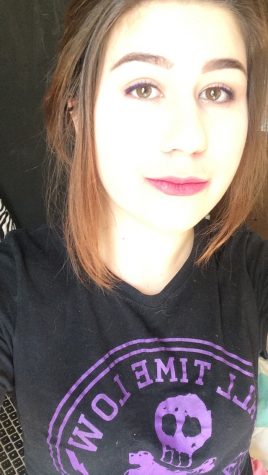
Gracie is a junior at York, in her second year on the York Hi staff as the Graphics Editor. She spends a majority of her time drawing, and on extracurriculars...


